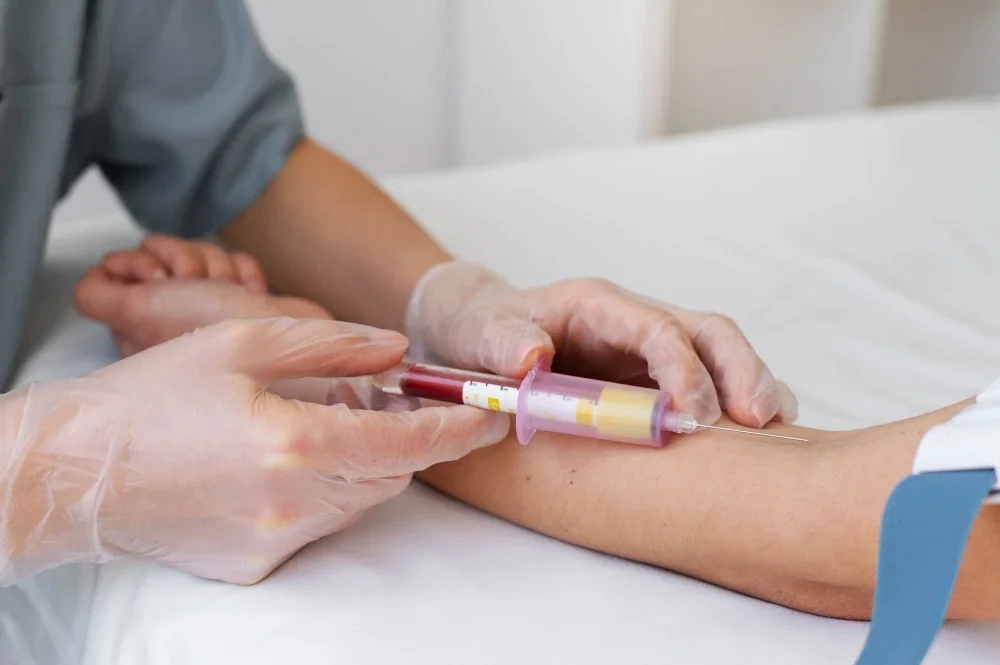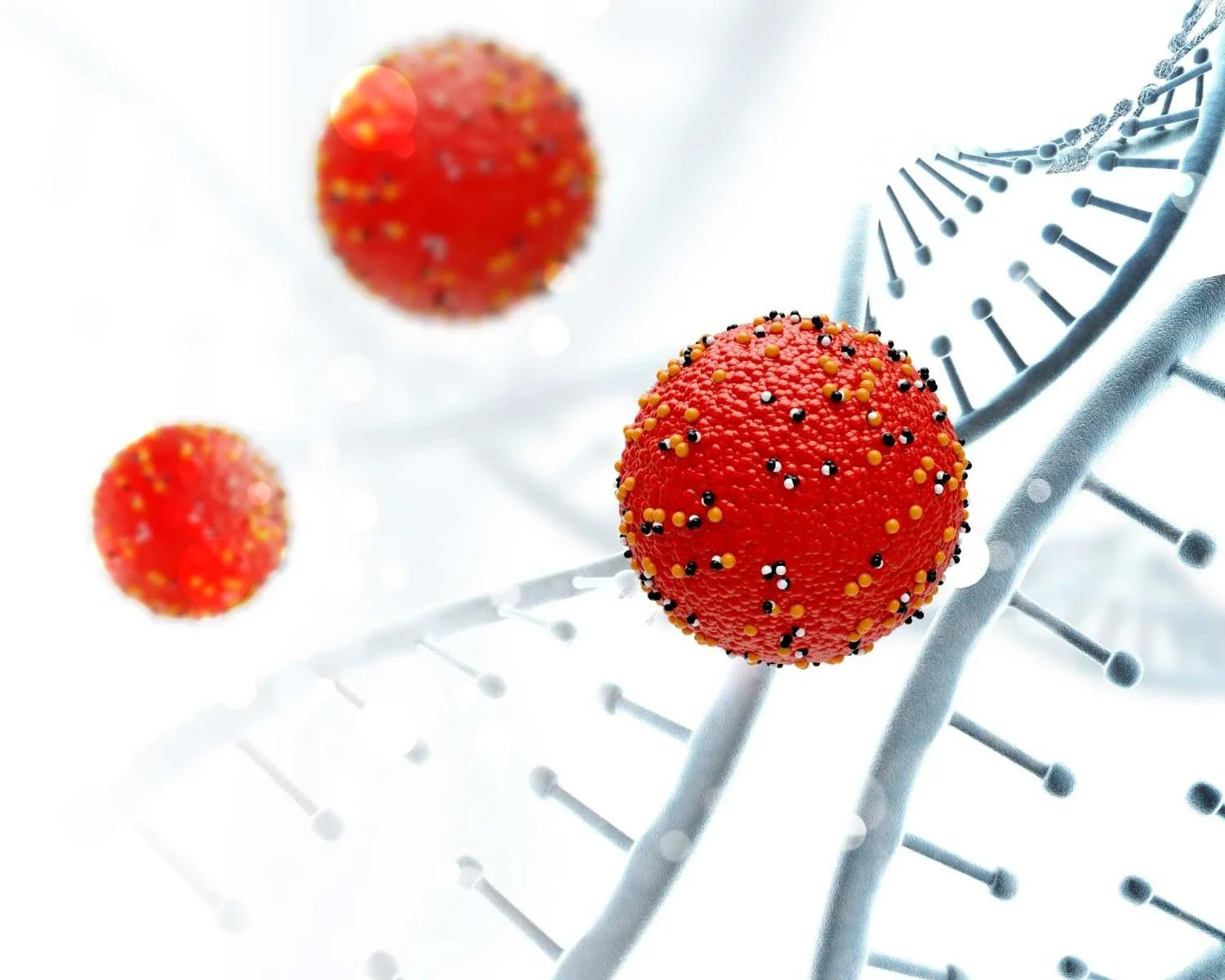Common Side Effects of Radiation Therapy and How to Manage Them.
Radiation therapy is a cancer treatment that uses high-energy beams to kill cancer cells. It is a very effective treatment, but it can also have side effects. The side effects of radiation therapy can vary depending on the type of cancer being treated, the location of the tumor, and the overall health of the patient.
Common side effects of radiation therapy:
Fatigue. Fatigue is one of the most common side effects of radiation therapy. It is caused by the body's response to the treatment. Fatigue can make it difficult to do everyday activities, such as work, school, and chores. It is important to get plenty of rest and to pace yourself during treatment.
Skin changes. Radiation therapy can cause the skin to become red, dry, itchy, and irritated. The skin may also peel or blister. These changes are usually temporary and will go away after treatment is finished. However, it is important to take care of the skin during treatment to prevent further damage.
Nausea and vomiting. Nausea and vomiting are common side effects of radiation therapy, especially when the stomach or abdomen is being treated. These side effects can be managed with medication.
Diarrhea. Diarrhea is another common side effect of radiation therapy, especially when the colon or rectum is being treated. It is important to stay hydrated and to eat a bland diet.
Hair loss. Hair loss is a common side effect of radiation therapy. It usually starts about 2-4 weeks after treatment begins and is complete within 2-3 months. The hair will usually grow back after treatment is finished.
Mucositis. Mucositis is an inflammation of the lining of the mouth, throat, and esophagus. It can cause pain, difficulty swallowing, and bleeding. Mucositis is most common in people who are receiving radiation therapy to the head and neck.
Lymphedema. Lymphedema is a swelling of the lymph nodes. It can occur after radiation therapy to the chest, neck, or underarms. Lymphedema is a serious side effect that can be difficult to treat.
How to manage the side effects of radiation therapy
There are many things that can be done to manage the side effects of radiation therapy. These include:
Fatigue. There is no cure for fatigue, but there are things that can be done to help manage it. These include getting plenty of rest, pacing yourself, and exercising regularly.
Skin changes. The skin can be protected from radiation therapy side effects by using a mild soap, avoiding harsh chemicals, and applying a moisturizer.
Nausea and vomiting. Medication can be used to prevent and treat nausea and vomiting.
Diarrhea. A bland diet and plenty of fluids can help to manage diarrhea.
Hair loss. There is no way to prevent hair loss, but it can be covered with a wig or scarf.
Mucositis. Pain medication, a soft diet, and frequent mouthwash can help to manage mucositis.
Lymphedema. Lymphedema can be managed with exercise, compression garments, and elevation.
It is important to talk to your doctor about any side effects that you are experiencing. They can help you to manage the side effects and to make sure that you are getting the best possible care.
Conclusion:
JIET Hospital is a leading cancer hospital in India that offers state-of-the-art radiation therapy services. Our team of experienced radiation oncologists uses the latest technology to deliver precise and effective radiation therapy to patients with cancer. We also offer a variety of supportive care services to help patients manage the side effects of radiation therapy.
If you are considering radiation therapy for cancer, please contact JIET Hospital to schedule a consultation with one of our radiation oncologists. We would be happy to answer any questions you have about radiation therapy and to help you make the best decision for your care.





